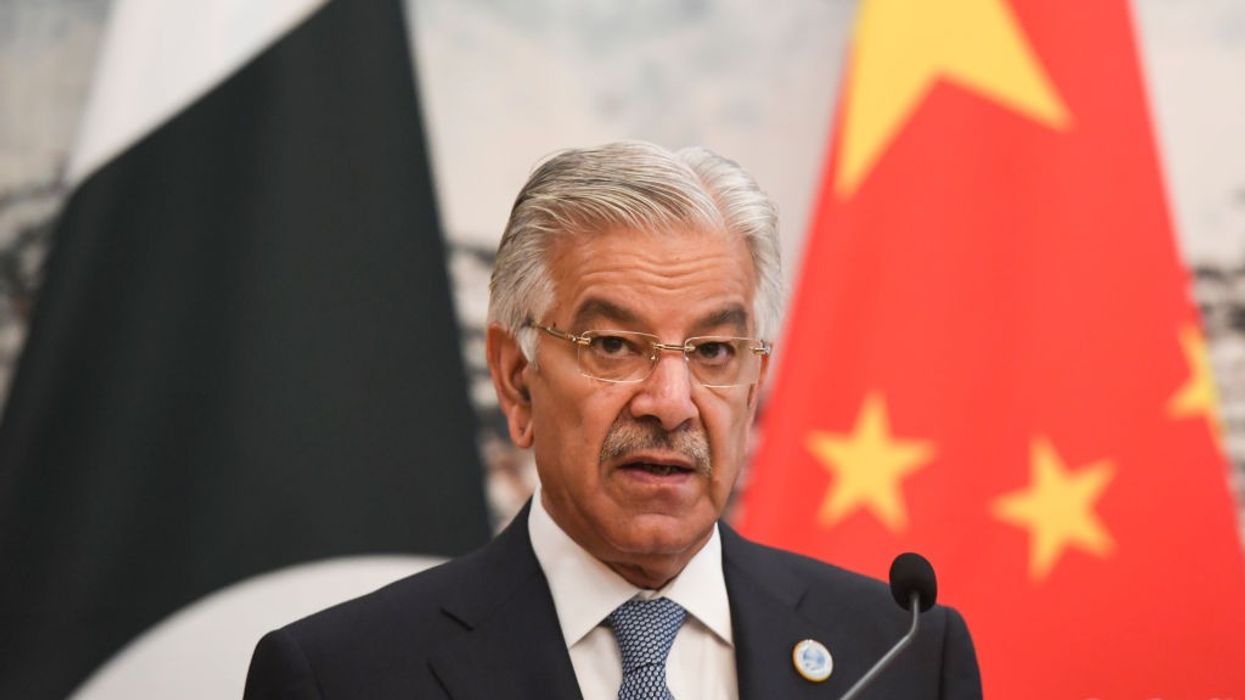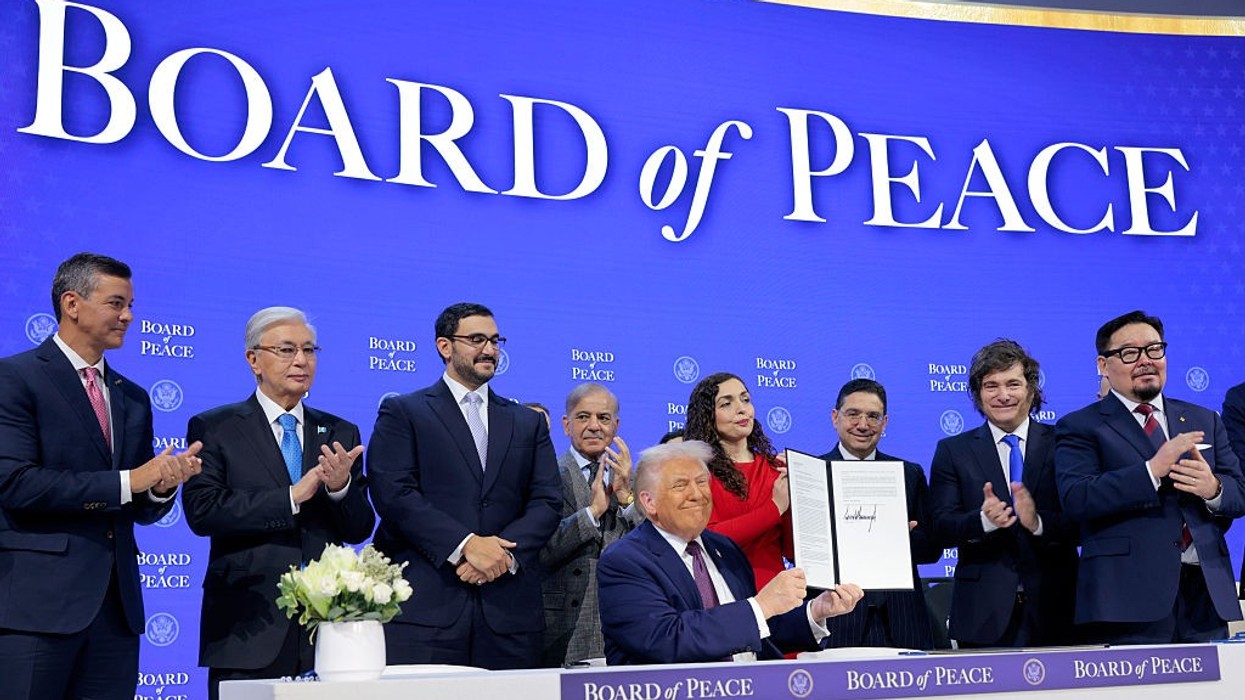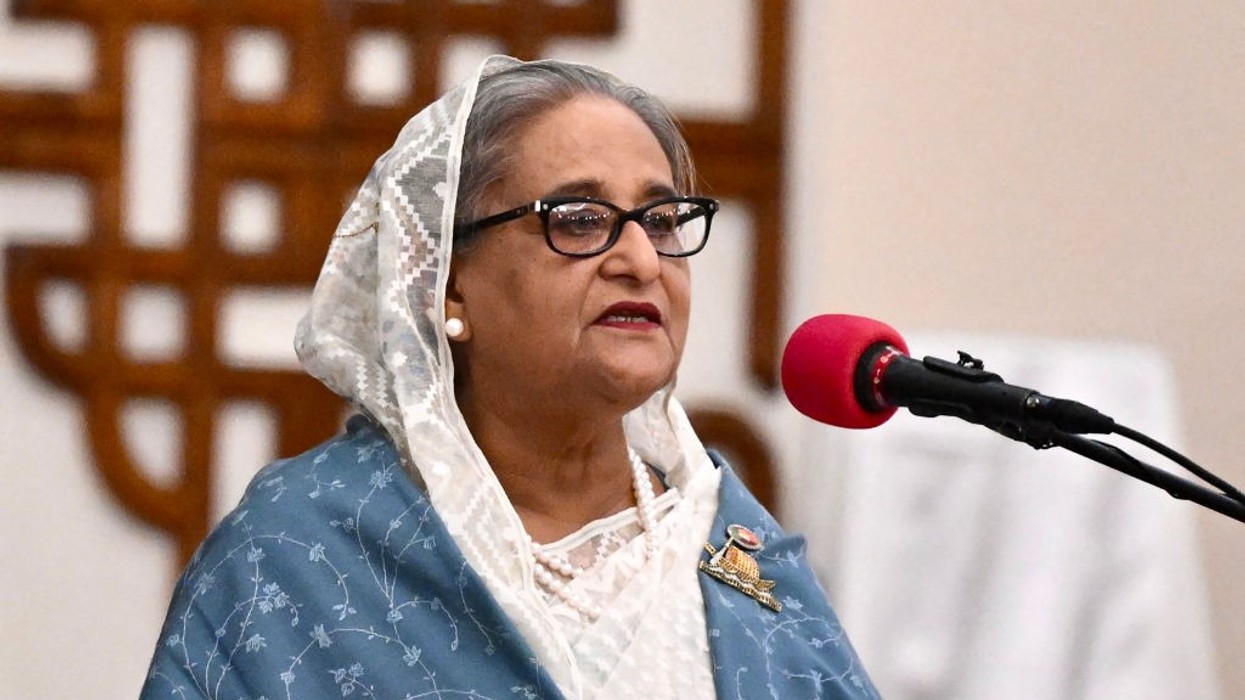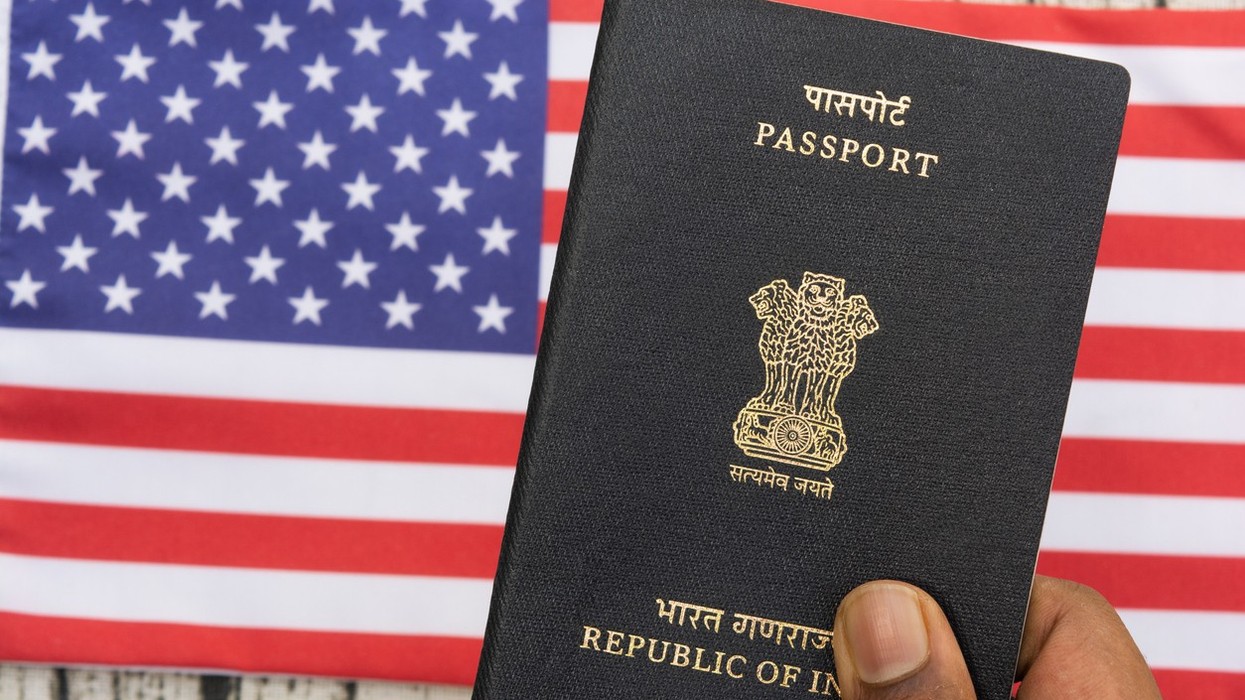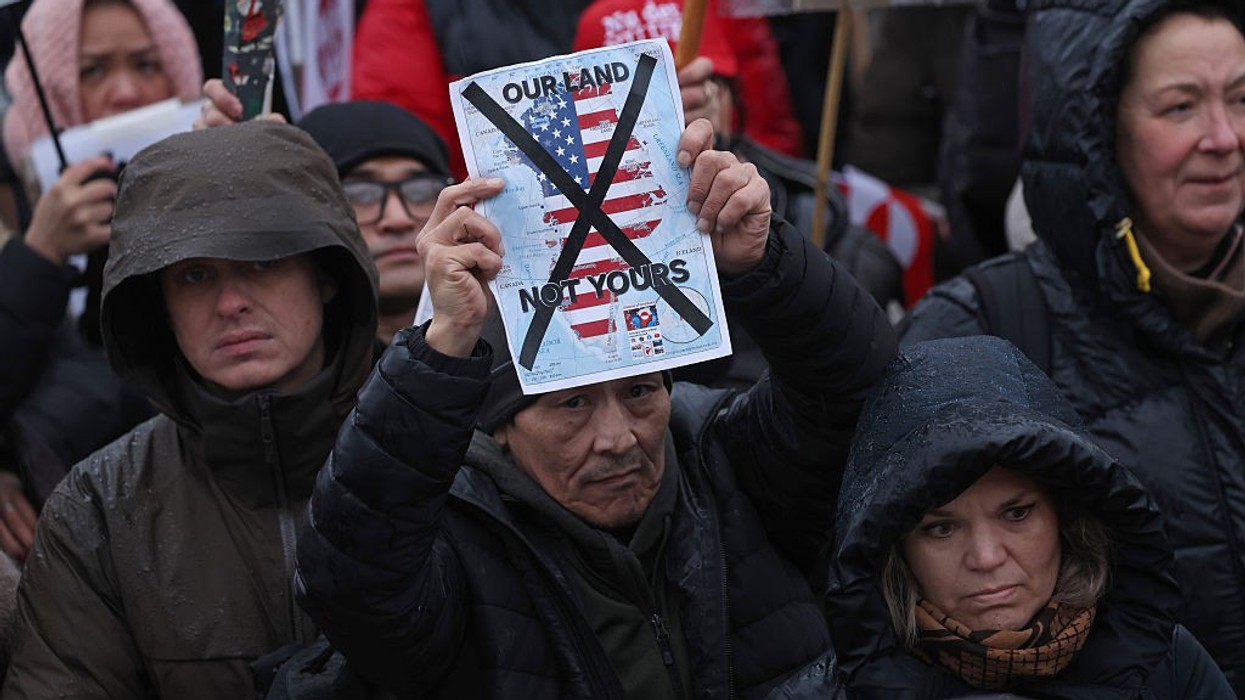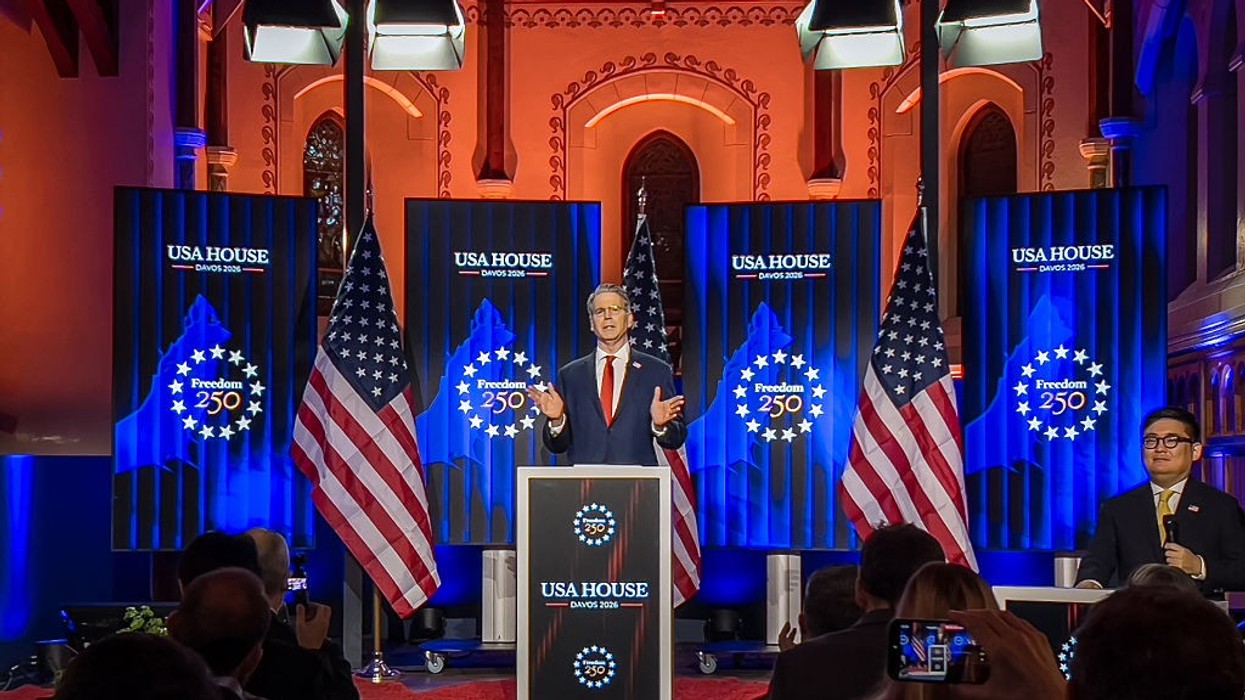Pakistan’s defence minister Khawaja Muhammad Asif has claimed that India might attempt military action at the border, asserting that Pakistan is “prepared for any eventuality.” In an interview with Samaa TV, Asif alleged that India could exploit Pakistan’s current security challenges arising from tensions with the Taliban regime in Afghanistan. “Absolutely, you cannot rule it out. There is a possibility of this,” he said, without presenting evidence.
Asif recalled a previous confrontation, apparently referring to India’s Operation Sindoor, which targeted terror camps in Pakistan and Pakistan-occupied Kashmir. He stated that Pakistan’s forces were not withdrawn from the Afghan border during that episode and that preparations were in place for a dual-front scenario.
Strategy for a two-front scenario
When asked about whether Pakistan’s military or political leadership had discussed a possible two-front conflict involving both India and Afghanistan, Asif confirmed the existence of a strategic plan. “There is a strategy for this... We are prepared for any eventuality,” he said. His statement followed escalating border tensions and Pakistan’s recent airstrikes on Kabul targeting Tehreek-e-Taliban Pakistan (TTP) chief Noor Wali Mehsud—strikes that Afghanistan condemned as violations of sovereignty.
India backs Afghanistan’s sovereignty
India expressed strong support for Afghanistan in the wake of the clashes. External Affairs Ministry spokesperson Randhir Jaiswal said that Islamabad’s actions had triggered the escalation and reiterated India’s commitment to Afghanistan’s sovereignty and independence.
“Pakistan hosts terrorisorganizations,s, sponsors terrorist activities, and blameneighborsrs for its internal failures,” Jaiswal said. He added that Pakistan’s anger stemmed from Afghanistan asserting control over its territory, an implicit rebuke to Islamabad’s interventionist policies.
Shehbaz Sharif calls for conditional talks
Prime Minister Shehbaz Sharif signaled willingness to engage in dialogue with Afghanistan “on legitimate and mutually respectful conditions.” He said Pakistan had agreed to a 48-hour ceasefire at Kabul’s request and expected reciprocal efforts for peace.
